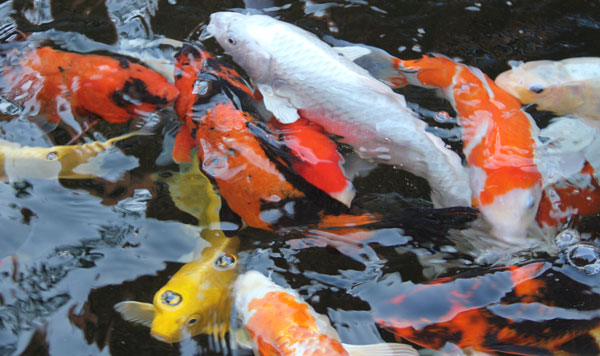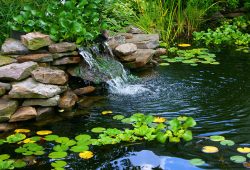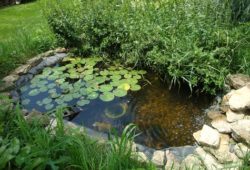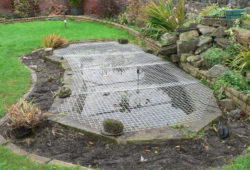Things you need to know when feeding your koi fish
That article is about Things you need to know when feeding your koi fish. Feeding koi food to your fish can be one of the most enjoyable experiences of having a pond in your backyard. These fish are quite a smart breed, they know when it is feeding time and they can recognize the hand that feeds them. Even though you get great satisfaction from feeding, there is some things to think about when feeding. This will ensure you will have happy healthy fish for years to come.

A good diet consists of quality koi food pellet or flake food, to enhance growth and color. You should also supplement there diets, this will vary seasonally to include a mix of wheat germ, protein, fruits, vegetables, plankton, shrimp, and color enhancing supplements. Such as spirulina and carotene. This brings out the brilliant colors of these fish.
Avoid using any koi food with corn, corn is used as a filler and is not good for your fish. It only makes them fat. Be shore that you don’t over feed your fish, they can eat 24/7. Overfeeding fish will not make them grow any faster. Koi food will rot and cause a whole mess of problems that can be avoided. Excess nutrients will cause excessive algae and poor water quality.
With out a stomach koi food passes right through these fish. Feeding small portions more often is better than one or two large meals.
Temperature plays an important role in knowing how much to feed. Fish metabolize koi food slower in cooler temperatures. Here is a table to help you know how much to feed according to temperature.
- 61 degrees + -feed twice a day or more
- 56-60 degrees -feed once a day
- 51-56 degrees -feed two or three times a week
- 46-51 degrees -feed once a week
- 46 degrees and below -DO NOT FEED
Koi food can be provided by mother nature. These fish can live a long healthy life just from the algae and other miscellaneous foods that the environment provides. Fish and pond plants work together for each others health and vibrance. Plants use fish waste as a source of food for plants and plants create oxygen, and shade to the pond and protect the fish. Fish can help balance your ecosystem they will eat algae and help keep it under control. Fish will also eat mosquito larvae and insects.
On the other hand feeding your fish can be a very relaxing experience. But only feed your fish what they can consume in a few minutes. Overfeeding can cause poor water quality. New fish will take time to adjust before eating koi food. When water drops below 50 degrees fish become dormant (do not feed), there respiration, metabolism, and overall activity slows down as they prepare for winter hibernation.
Koi food is available in many forms and ingredients, doing a little home work when choosing a good koi food and knowing how much to feed, can benefit for many years to come.



